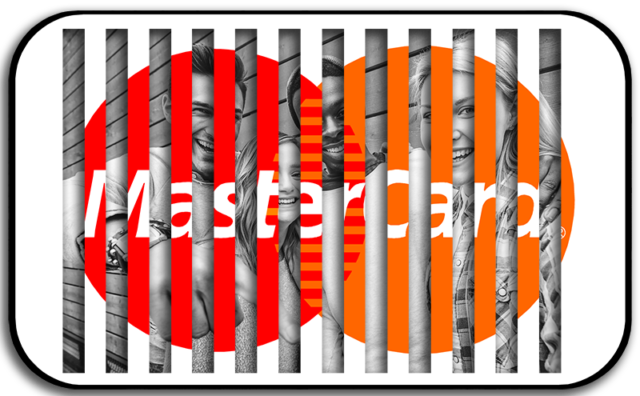The Federal Reserve Bank of New York just released their household debt and credit report for the first quarter of 2023, and the results were startling. Total consumer debt rose to a record $17.05 trillion in the first quarter of 2023, an increase of $148 billion, or 0.9%, from the fourth quarter of 2022. Consumer debt includes: mortgage originations, home equity loans, credit cards, auto loans, student loans, etc.

Prior to the pandemic, at the end of 2019, total consumer debt stood at $14.15 trillion. In just over 3 years, total consumer debt has increased 20%! While not all debt is created equal, many in the finance world would argue that credit card debt is the worst kind of debt, and I concur. Incurring debt to acquire an appreciating asset – think of your home – is one thing. Carrying a balance on your credit card from month to month, and being charged an astronomical interest rate, is another. One of the foundational concepts of personal finance is budgeting/living within your means. While I could go on and on regarding the failure of our education system to teach personal finance topics to our youth, it presents the opportunity for people in the financial planning industry to make an even bigger impact.
The goal of a financial planner is to help clients maximize their potential of achieving life goals through financial advice that integrates relevant elements of their personal and financial circumstances (CFP Board). One of those relevant elements is managing cash flow. Since managing cash flow lays the foundation to achieving your financial goals, it is paramount. With or without a budget, one should be able to approximate their take-home pay each month. If you spend more than you take home, then your spending habits need to be assessed. Credit card debt, if not addressed on the front end, can quickly spiral out of control, due to the 25%+ interest rates associated with most credit cards. To prevent credit card debt, or to begin paying down credit card debt that has accumulated, you have to know how much is coming in vs. how much is going out each month. I would strongly encourage you to know those two numbers (develop a budget). Once that is realized, talk with your family members, and see which expenses are truly necessities vs. wants. This sounds elementary, but you would be shocked (or maybe not) by how many people do not know their monthly cash flow situation.
The demographic of our client base at LeConte is diverse, but specifically when it comes to younger clients, this is an area where we focus most of our time. Passion for helping our clients build and maintain wealth and having/finding a purpose for every dollar earned is what gets me out of bed each morning. Unfortunately, we live in a world of immediate gratification (credit cards), while saving/investing – especially for retirement, is the ultimate act of deferred gratification. “Keeping up with the Jones’s” is a mentality that runs rampant in our culture. While the behavior of others is out of your control, you can control your own spending and saving habits.
If you would like to know more about our Purpose Built Planning process, which can help address cash flow concerns, please give us a call at 865-379-8200.
